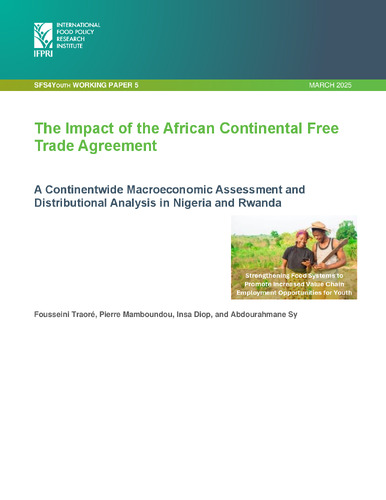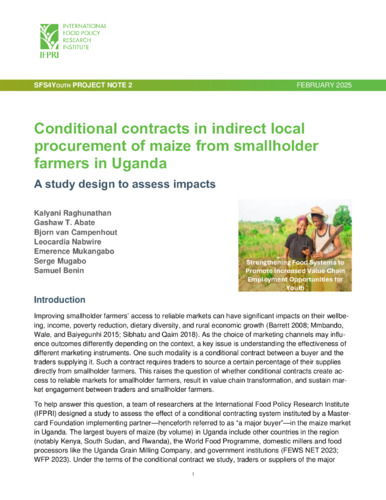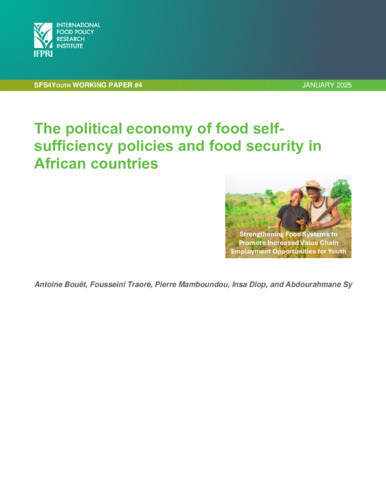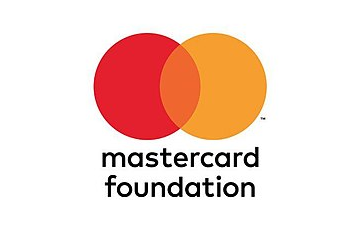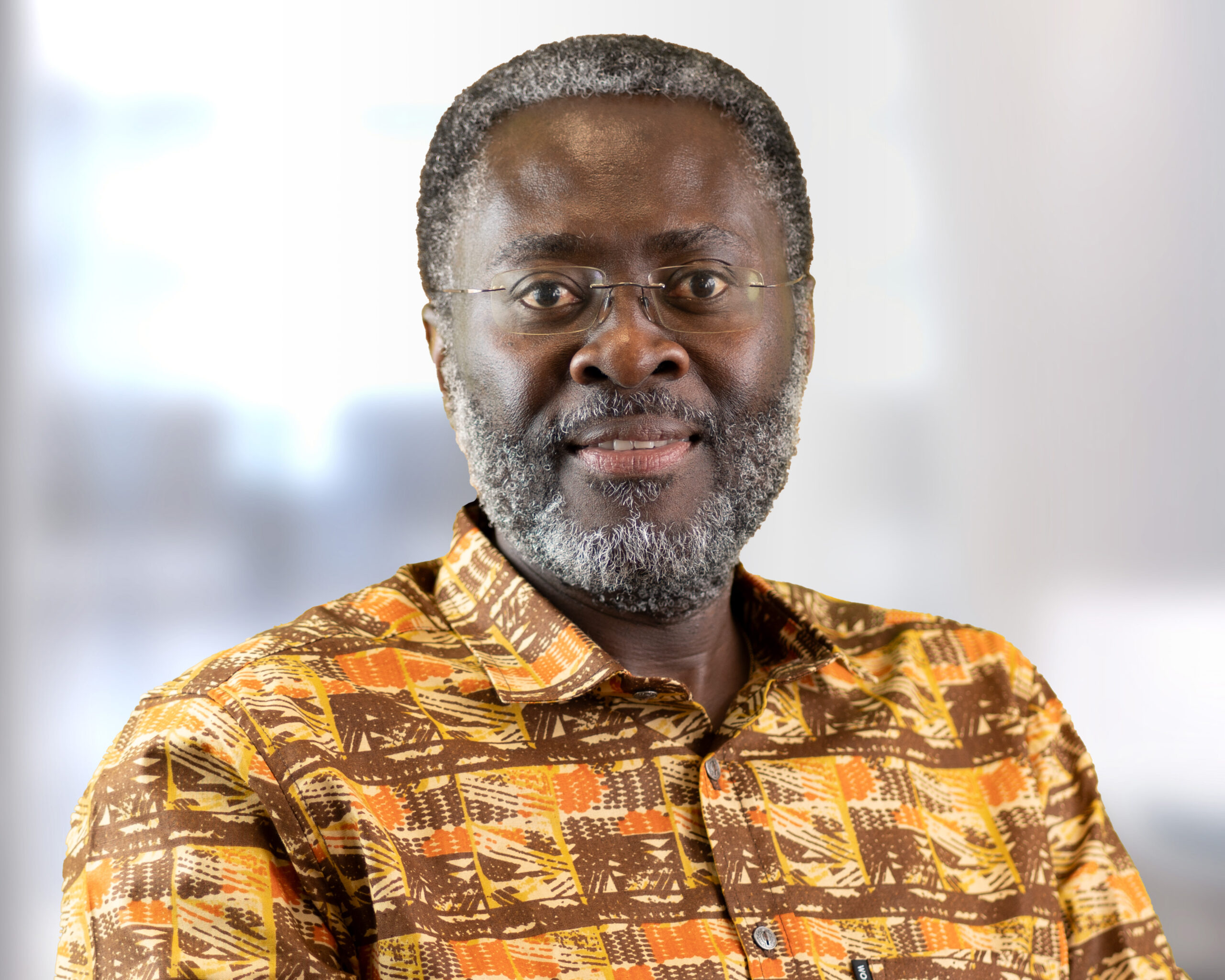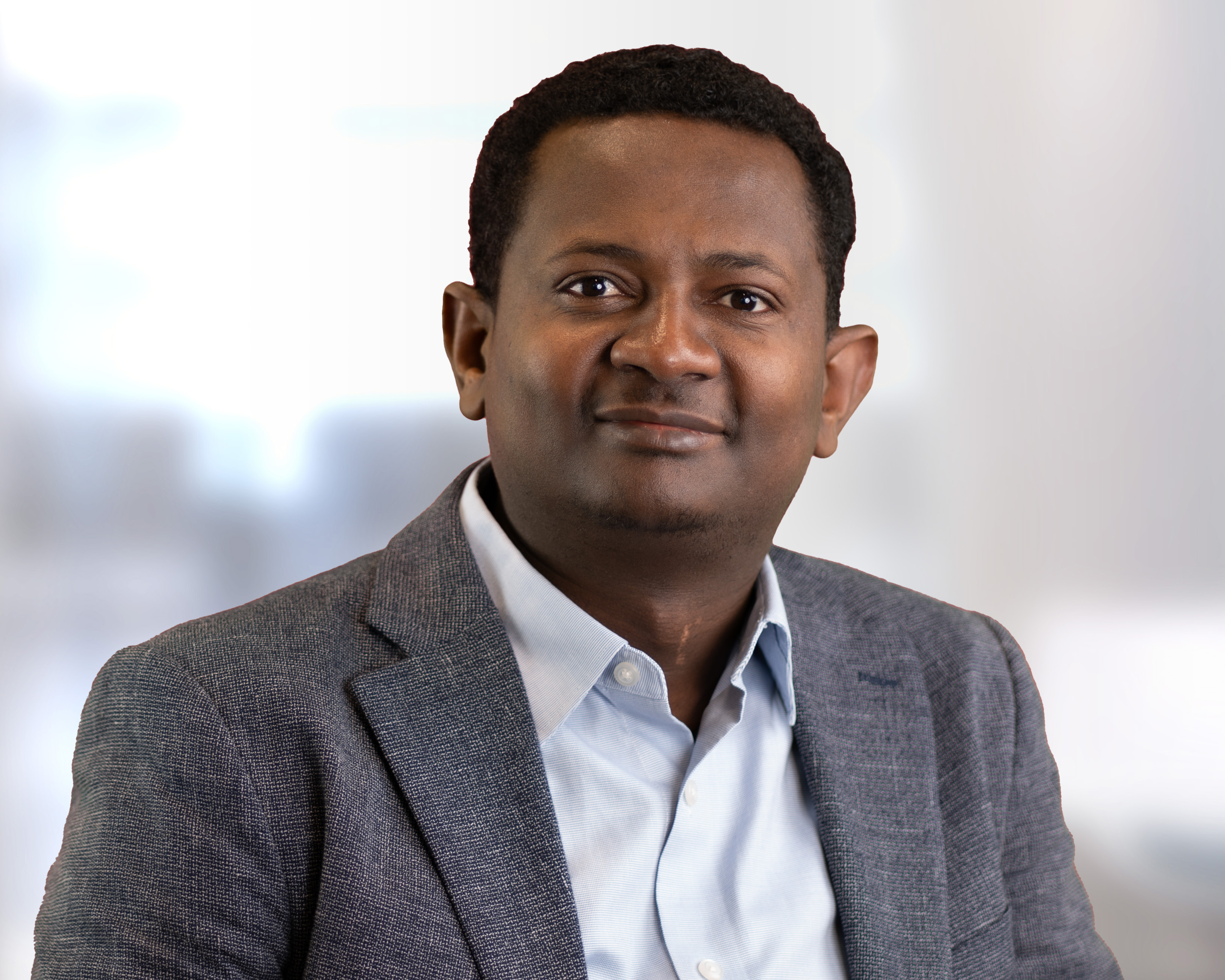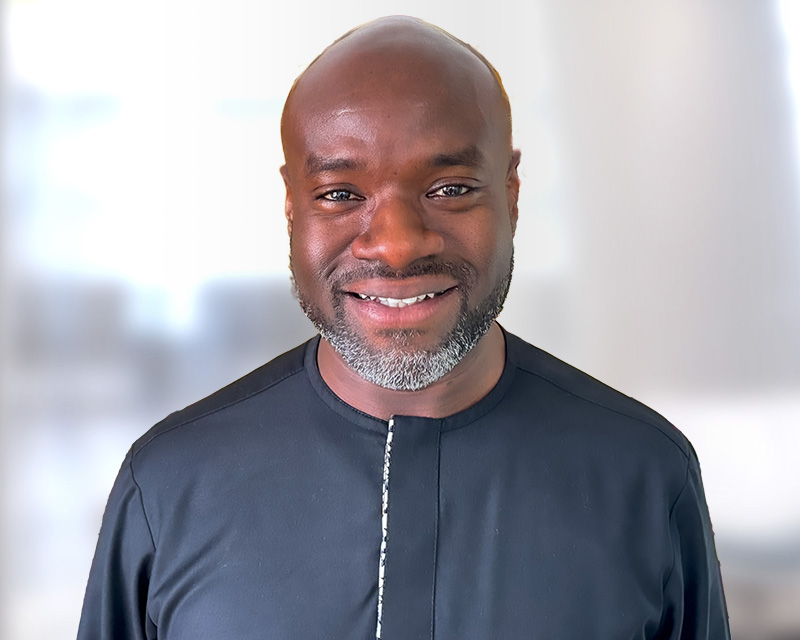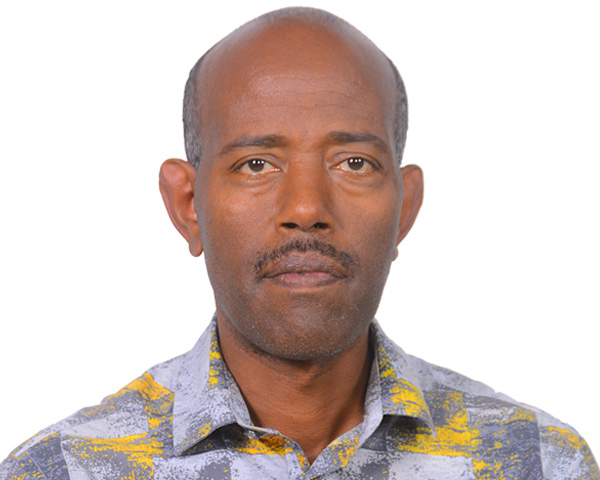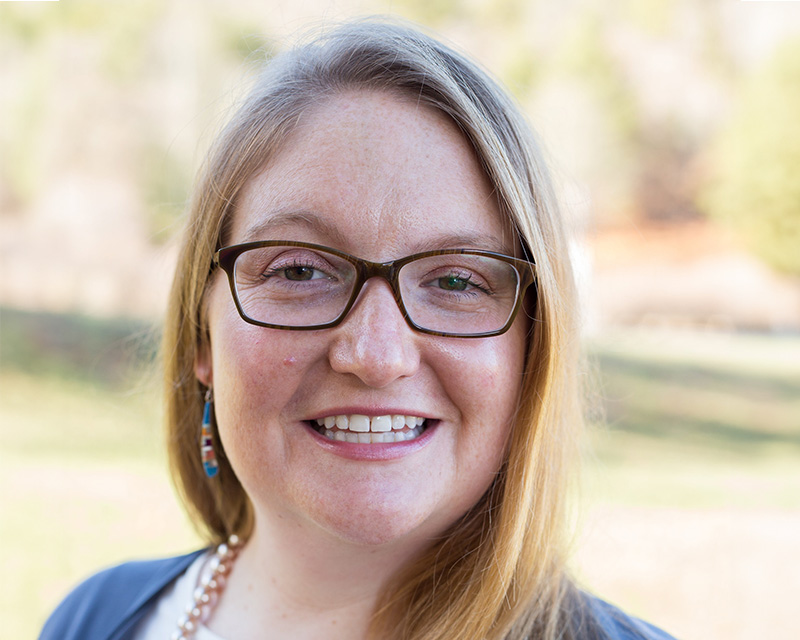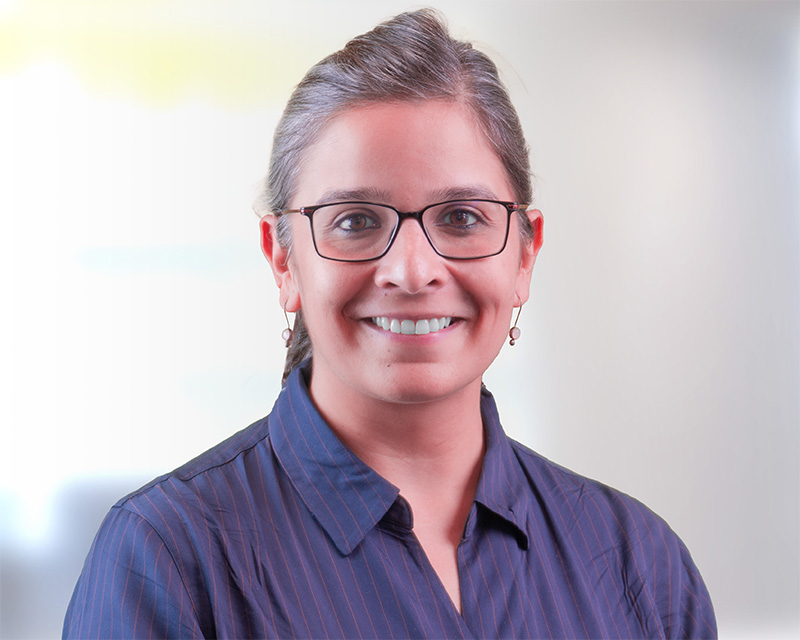Every year, tens of millions of African youth enter the job market, but face difficulties in obtaining decent livelihoods, achieving food and nutrition security, and breaking the cycle of poverty for them and their households. Food systems represent the most practical launching point from which to generate new opportunities for this vulnerable target group, especially young women.
As part of the Mastercard Foundation’s strategy on Young Africa Works, this project aims to provide tested options for creating innovative, digitally-savvy livelihood opportunities for youth, especially young women, while reducing post-harvest losses across agrifood systems in Africa.
The project builds on the three key focus areas of the Mastercard Foundation’s partner’s Regional Food Systems Initiative —improve market access and strengthen market linkages for smallholder farmers, particularly youth and women; reduce post-harvest losses and improve food safety and quality of key crops; and support inclusive market system development—that is being implemented in eight African countries (Ghana, Kenya, Mozambique, Nigeria, Rwanda, Senegal, Tanzania, and Uganda).
The objectives of the project are:
- To synthesize current state of the art evidence and approaches in inclusive market development, youth livelihoods and managing post-harvest losses;
- To contribute to strategic knowledge on current and future trends in food systems development in Africa and potential entry points for sustainable and equitable transformation;
- To analyze effective programmatic approaches for improving youth livelihoods through inclusive market development while reducing post-harvest losses; and
- To provide technical assistance to Mastercard Foundation partners on indicators and baseline assessments of their Regional Food Systems Initiative.
The project activities are organized around six research themes (food systems analytics, regional trade, markets and value chains, post-harvest losses, digital tools, and youth livelihoods), all of which integrates gender to enable more tailored interventions that equally address the need of women and men.
About the Partnership
This work was produced in the context of the Strengthening Food Systems to Promote Increased Value Chain Employment Opportunities for Youth partnership with the Mastercard Foundation. It is a five-year initiative running between 2022 and 2027 to gain insight into the latest trends and challenges in agrifood systems, and how addressing market inclusion and post-harvest losses can enable dignified and fulfilling livelihoods for young women and men. The views expressed do not necessarily represent those of the Foundation, its staff, or its Board of Directors.





